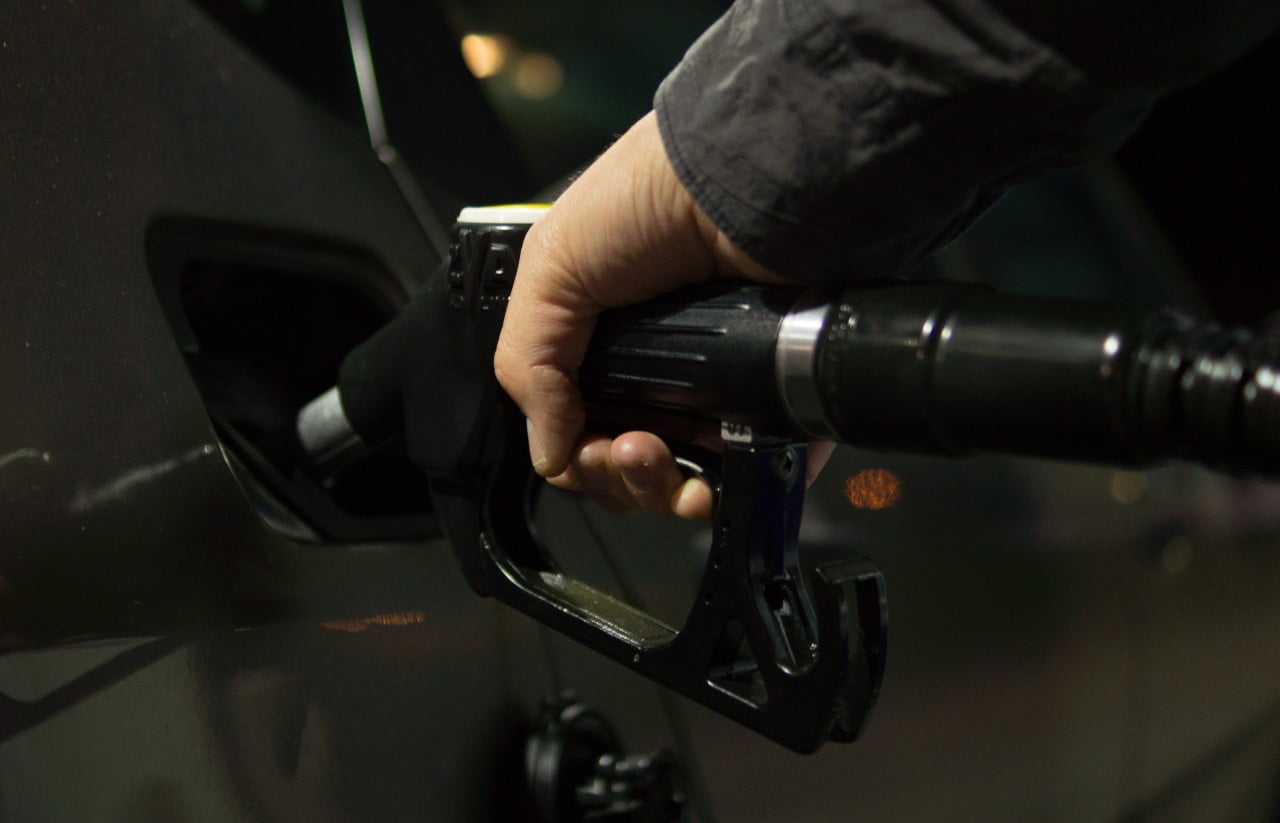In our latest blog, tax manager Julie Walsh, highlights everything you need to know about how you, as an employer, can help employees with rising fuel costs.
Given the rate that fuel costs are accelerating, many employees who are required to drive either their own vehicle, or a company vehicle, may be requesting additional reimbursement.
HMRC currently provide approved rates for the reimbursement of business mileage for both company car and private car users. The advisory fuel rates were introduced to allow businesses to reimburse employees a set amount without incurring additional and burdensome record keeping. Find out more about HMRC’s advisory fuel rates by clicking here.
However, these rates have not changed for some time and are now ‘out of line’ when compared with actual fuel costs.
For company car users, the tax-free fuel rates of reimbursement are designed to cover the appropriate costs of the business mileage incurred.
However, for those who use their own private vehicle for business use, the advisory fuel costs also cover the cost of wear and tear of the vehicle, repairs, and insurance etc, as well as the fuel.
Can employees be reimbursed above the advisory fuel rates?
It is perfectly acceptable for employees to receive mileage rates above the agreed tax-free allowances. However, as you would expect, HMRC deem this to create a profit element of reimbursement and it is therefore subject to tax and national insurance.
Unlike the daily subsistence allowances, it is not possible to agree a bespoke allowance for fuel reimbursement.
You can, however, reimburse on an actual cost basis. But what does that mean?
Employees would need to:
- keep detailed records of the actual fuel they have purchased;
- record the business miles driven; and
- calculate the rate per mile for that journey.
As fuel prices are constantly changing, the actual cost basis would need to be calculated whenever fuel is purchased, and business mileage undertaken. This should then enable a reimbursement of a genuine business expense which the employee is obliged to incur wholly, exclusively, and necessarily in the performance of their duties, which, under S336 ITEPA, is not chargeable to tax.
It is extremely important to also keep a record of all private mileage undertaken to ensure no reimbursement is made over and above the agreed business mileage. Inadvertently reimbursing one private mile or £1 of cost could create a fuel benefit for company car users or a taxable receipt for private car users.
This will mean scrupulous record keeping and monitoring to ensure no taxable benefit arises, creating additional administration for employers and their teams. Employers will therefore have a cost vs benefit to consider.
It can only be hoped that going forward, HMRC review their rates, and allow higher payments to be made under the agreed fuel reimbursement allowances to avoid the additional burdensome administration.
If you would like to discuss reimbursing fuel costs to your employees in more detail, contact Julie Walsh by clicking the button below.




